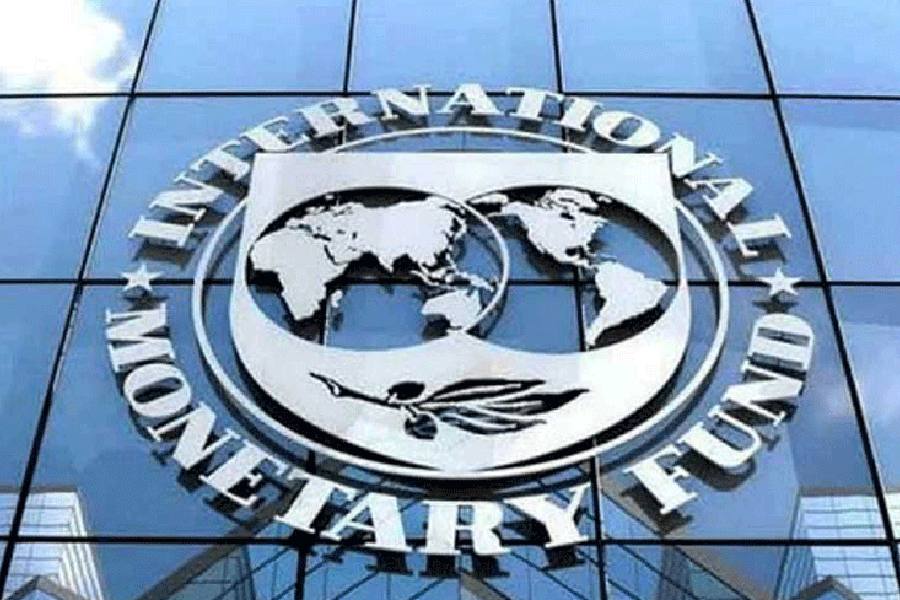Pakistan’s finance minister Mohammad Aurangzeb on Thursday said an agreement to secure a fresh loan to address the country's economic woes is expected to be reached with the International Monetary Fund next month.
Aurangzeb, while addressing a post-budget press conference here, a day after unveiling the Rs 18,877 billion budget, announced that negotiations with the IMF were underway and going in the right direction.
“I don't want to say anything in finality other than the fact that it's (IMF talks) moving positively,” he said and expressed hope that a staff-level agreement (SLA) is expected in July too.
He, however, declined to talk further on the topic of SLA.
The budget, which many believe is designed to meet IMF requirements for securing another USD 6 billion to USD 8 billion loans under the medium-term Extended Fund Facility (EFF), marks a 25 per cent increase over the outgoing fiscal year’s outlay.
The government has proposed historically-high additional taxes through various adjustments and new levies, potentially increasing the burden on already strained taxpayers. The increase in the taxes is aimed at collecting additional revenues of Rs 3.8 trillion in line with the IMF demands and it appears that a historic increase in both direct and indirect taxes is aimed to convince the fund.
In July 2023, the IMF approved a USD 3 billion Stand-By Arrangement for debt-trapped Pakistan to support immediate efforts to stabilise the economy and guard against shocks while creating space for social and development spending to help the people of the country.
The minister also said that the tax base will be broadened with the tax to Gross Domestic Product (GDP) ratio to be taken to 13 per cent in the next 2-3 years as the existing 10 per cent tax-to-GDP ratio is unsustainable.
The minister said digitisation of the economy is a priority for the government, as it will help reduce corruption and increase transparency.
He said that the increase in petroleum development levy (PDL) will be gradual and linked with international oil prices. “Petroleum levy will not increase immediately. But will be increased in a phased manner over the next fiscal year,” he said.
Except for the headline, this story has not been edited by The Telegraph Online staff and has been published from a syndicated feed.











